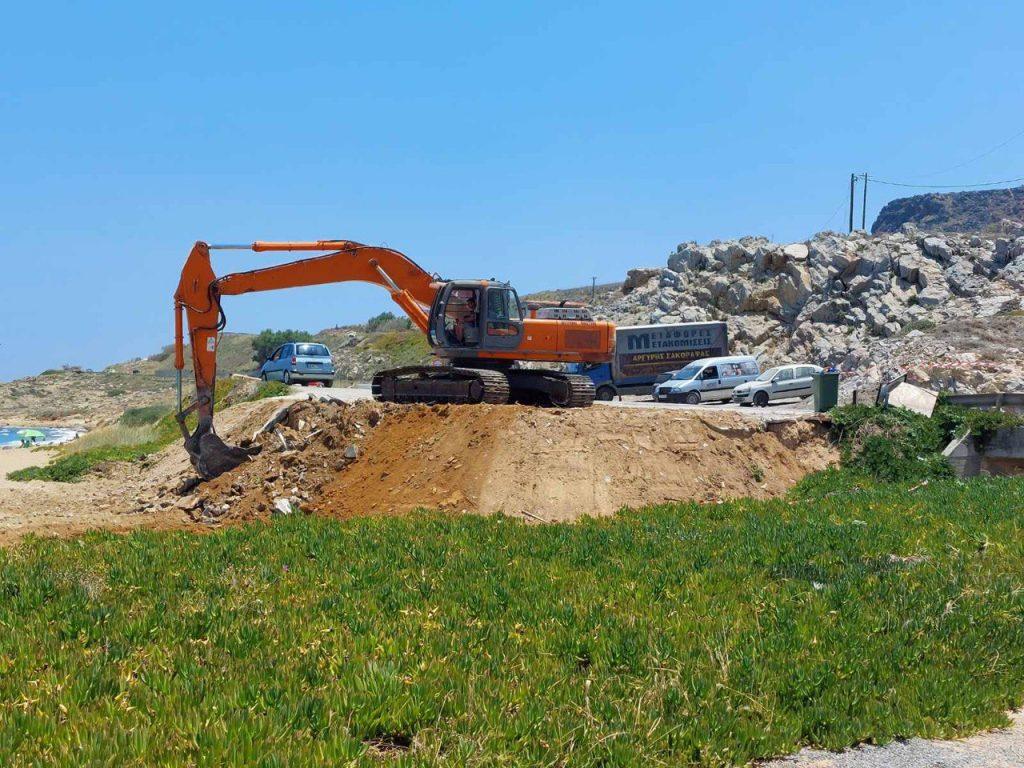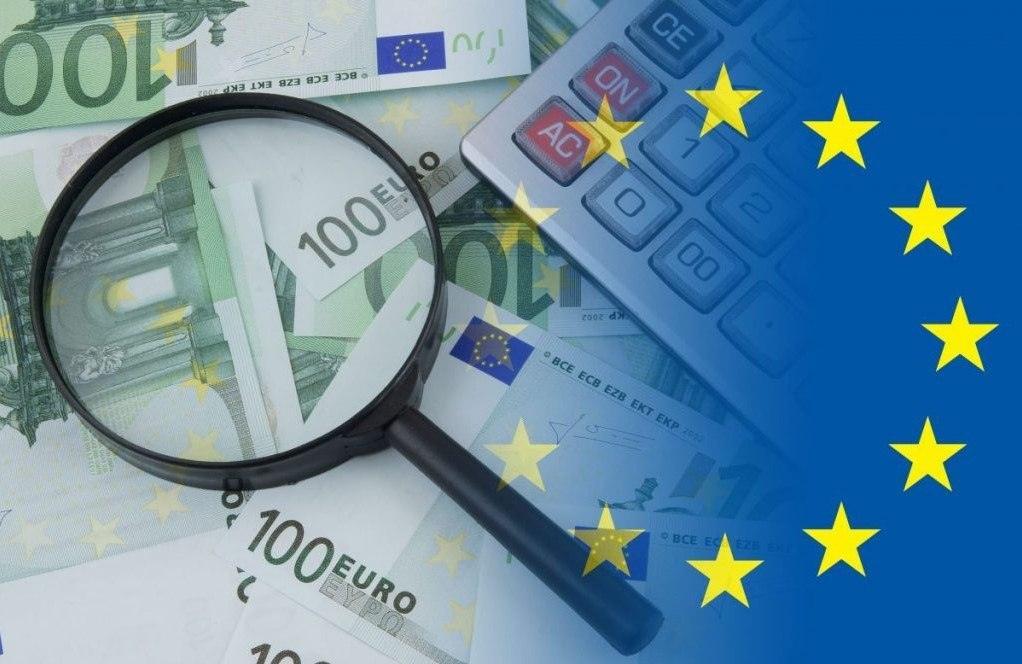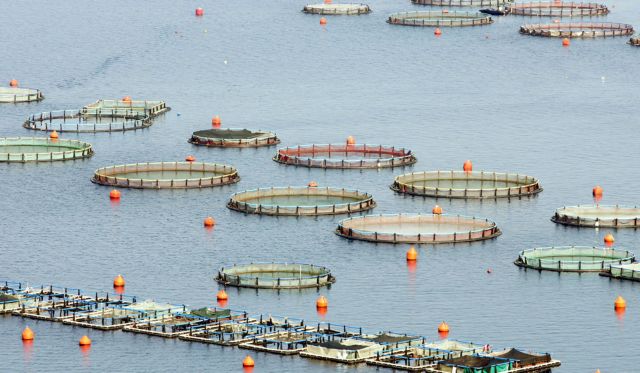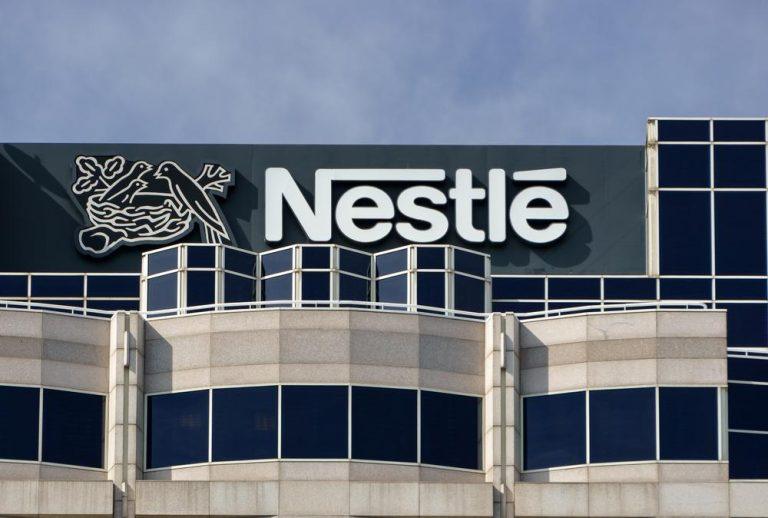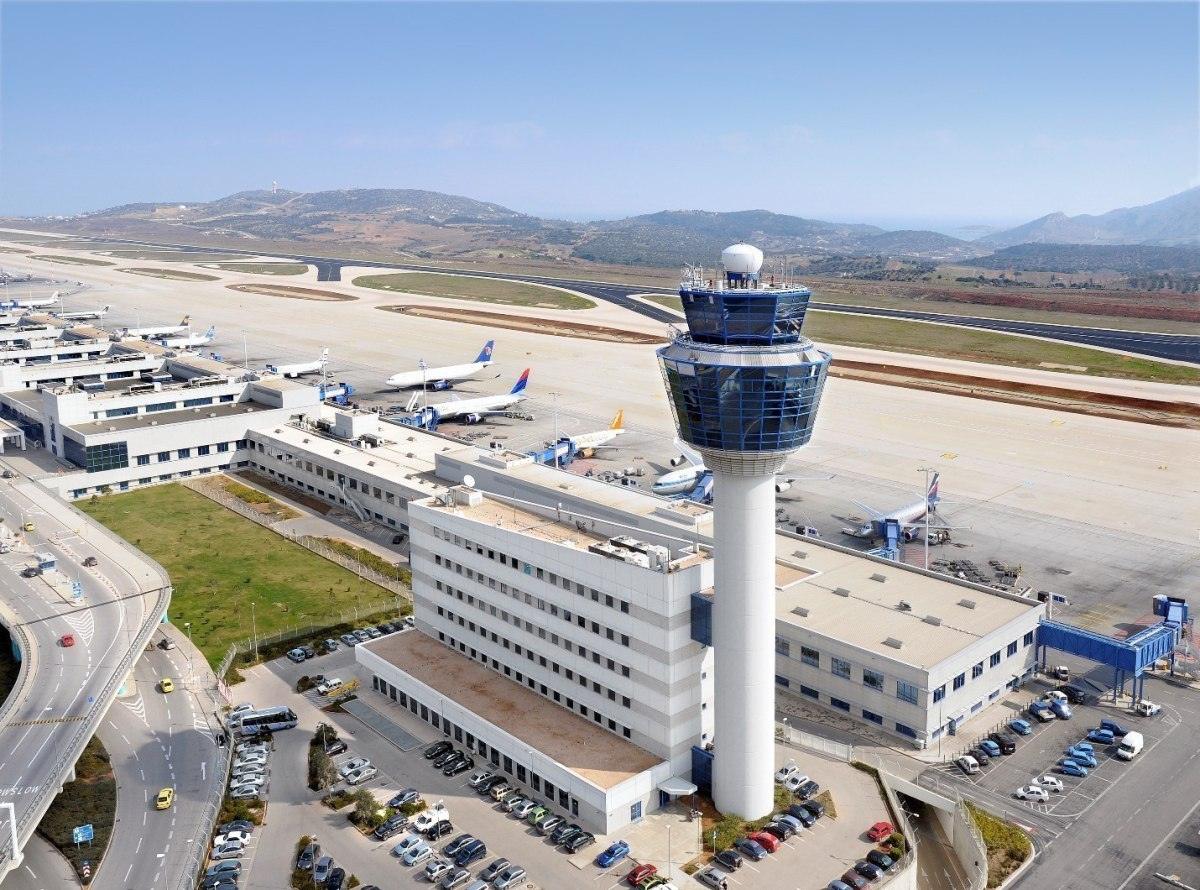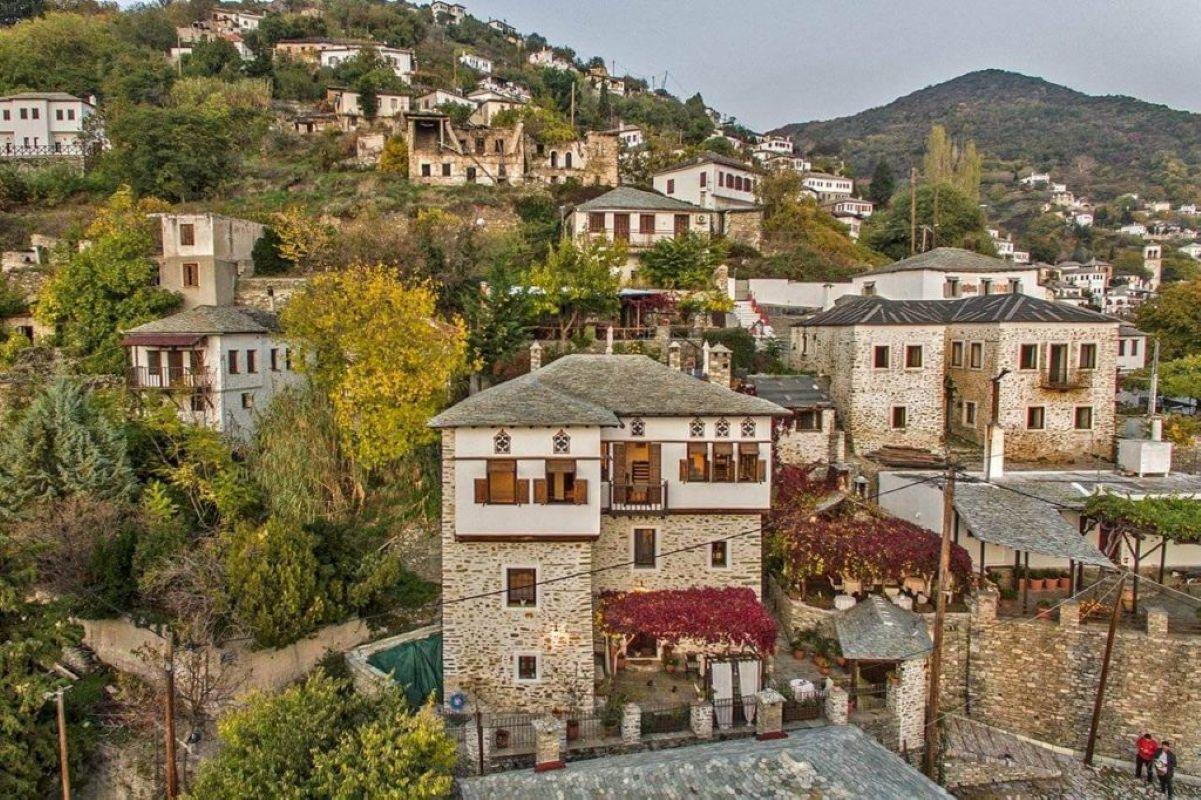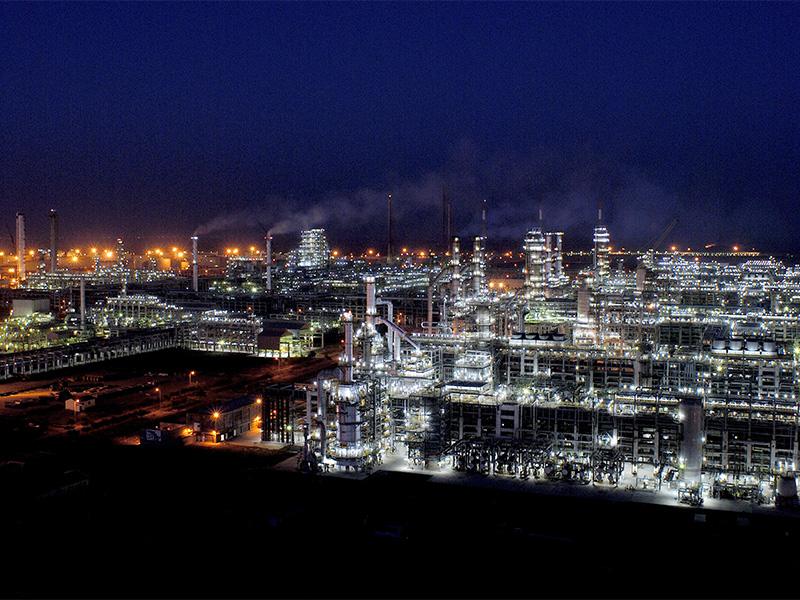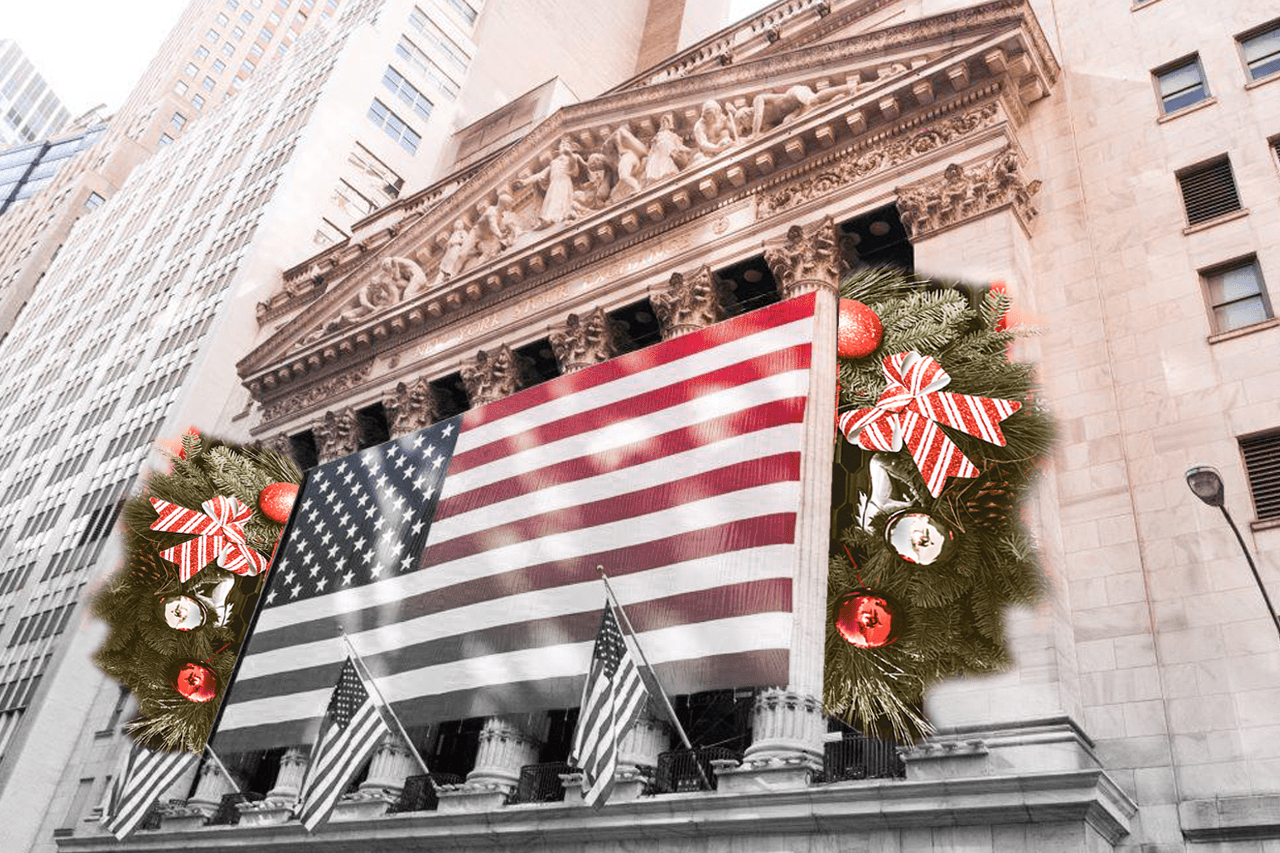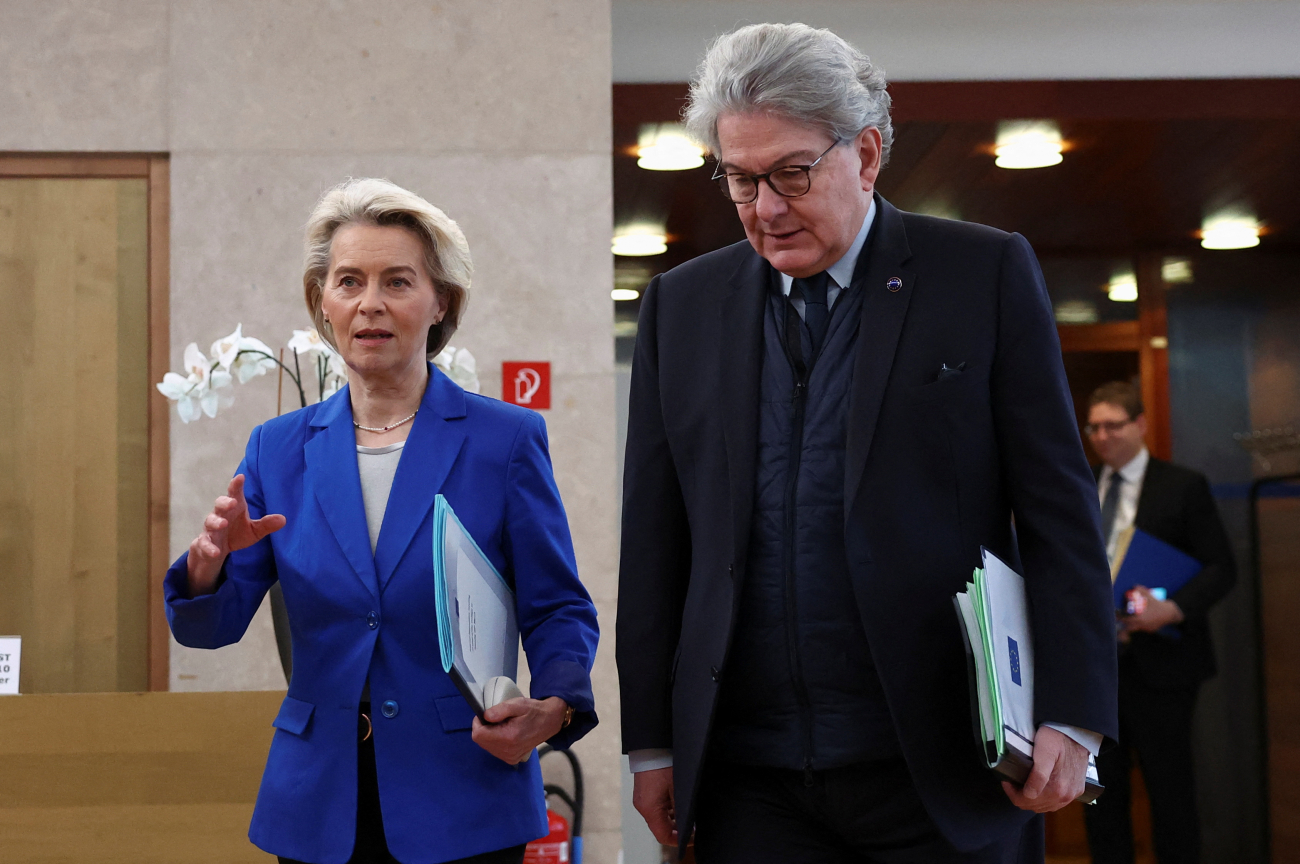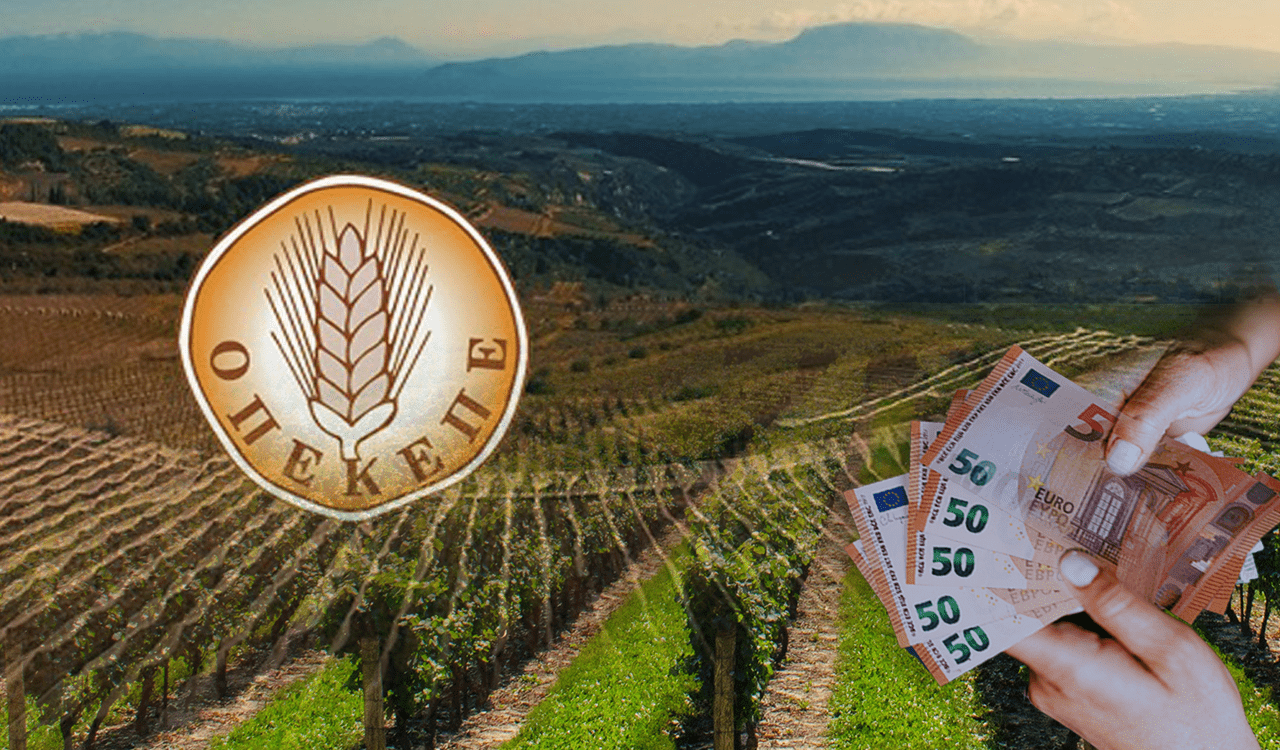Have you considered that the festive menu you have decided to cook may have traveled around the world before reaching your plate? And no, this is not an exaggeration, as there are “famous” products that consumers choose these days that have traveled more than 10,000 kilometers (!) to finally be on a Greek festive table.
The shopping lists for the foods to be eaten during the holidays have already been made. After all, this year the coronavirus seems to be allowing a festive resurgence. However, a walk in the supermarkets and food stores is enough to see that some of the products that the home cook will use are not only not Greek, but come from countries thousands of kilometers away from Greece.
A little more than 9,000 kilometers away
Frozen turkeys from the United States and France. This practically means that in the first case the… American turkey traveled more than 9,000 kilometers until it reached the Greek table. But the alternative holiday proposals of beef, duck or pork are no less…travelled: beef rib eye steak from distant Argentina, pork from the Netherlands and frozen duck from Italy.
And the list does not stop here, since even more… simple ingredients, which are used a lot in this period, indicate on their labels another – besides Greece – country of origin: boiled chestnuts from France, potatoes from Cyprus, lemons from Argentina, asparagus from Peru, dried Turkish apricots, French plums, American walnuts and Indian sesame.
Ecological footprint
But why is it a problem to have on our table food and products that have traveled from different corners of the world? Just as in many cases they are cheaper than domestic products. According to the experts, the issue is not only moral – since our country can produce many of them – but also environmental.
So the problem starts when these products need to be transported from the country of their production to the country where they will eventually be sold. They also arrive in Greece by trucks, ships and airplanes, recording waste of energy and harming the environment. According to earlier studies, the festive meal may have traveled more than 10 times around the world before finally reaching plates. At the same time, the transport footprint is considered to be 11% of the total food footprint.
It damages the environment
So, as the experts explained to “NEA” newspaper, imported choices for the holiday table damages the environment. The example of Great Britain is typical, where it is estimated that air transport of food emits approximately two million tons of carbon dioxide per year. However, if these foods were bought locally, without transport costs, the savings would be 16 million tons of carbon dioxide per year.
By reducing food miles, experts say, the ecological footprint of the festive table can also be reduced. Through the international program #Eat4Change, WWF aims to raise awareness and mobilize consumers towards a sustainable diet. Thus, by changing eating habits and choosing healthy foods, produced with respect for the environment, consumers will also be able to help deal with the climate crisis. As those in charge note, for Greek consumers the solution lies in something very familiar: the Mediterranean diet. “Local and seasonal items, more fruits, vegetables and whole grains, less meat, sugar, oils and fats are just some of the secrets of the Mediterranean diet.”
Food waste
But apart from the ecological footprint left by holiday meals that include ingredients from other countries, this is a time when food waste… runs wild, with estimates saying that over the holidays waste records a 15% increase .
It is indicative that in the UK five million Christmas puddings, two million turkeys and 74 million mince pies end up in the bin every year, not including the huge amounts of vegetables, fruit and snacks.
According to the organization “Boroume” (We Can), which has been fighting food waste in Greece for a decade, food waste, in addition to its social and economic dimension, also entails an environmental burden, if we take into account that food that ends up in landfills emits methane, contributing to global warming and climate change. Apart from that, however, food waste also involves a waste of raw materials that have been used at all stages of the supply chain. For example, wasting a kilo of bread also wastes 1,000 liters of water or wasting 1 kilo of beef wastes 15,000 liters of water.
As Alexandros Theodoridis, co-founder and manager of the organization, states, “this year all of us can make a difference by adopting more pro-environmental practices to make our celebrations more…sustainable! As ‘We can’ what we suggest is that every time we shop we take into account that by reducing food waste we save euros and protect our planet”.
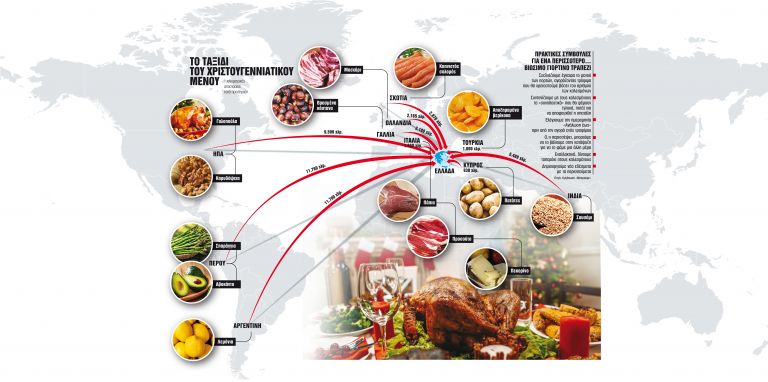
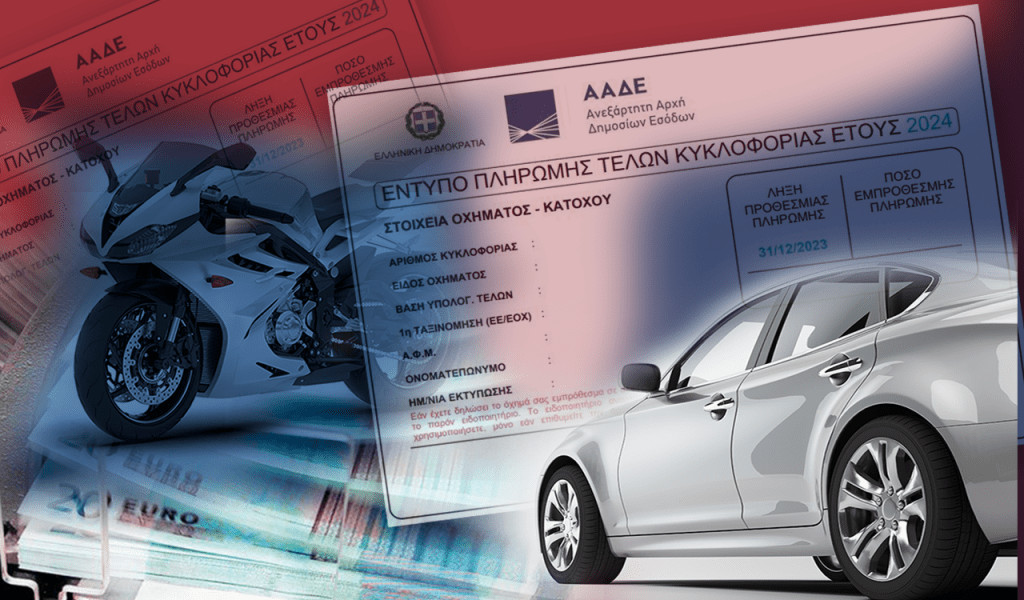









![Επαγγελματικά ακίνητα: Στα ύψη οι τιμές ενοικίασης – Οι περιοχές [πίνακες]](https://www.ot.gr/wp-content/uploads/2025/12/graf-1024x551-1.jpg)
